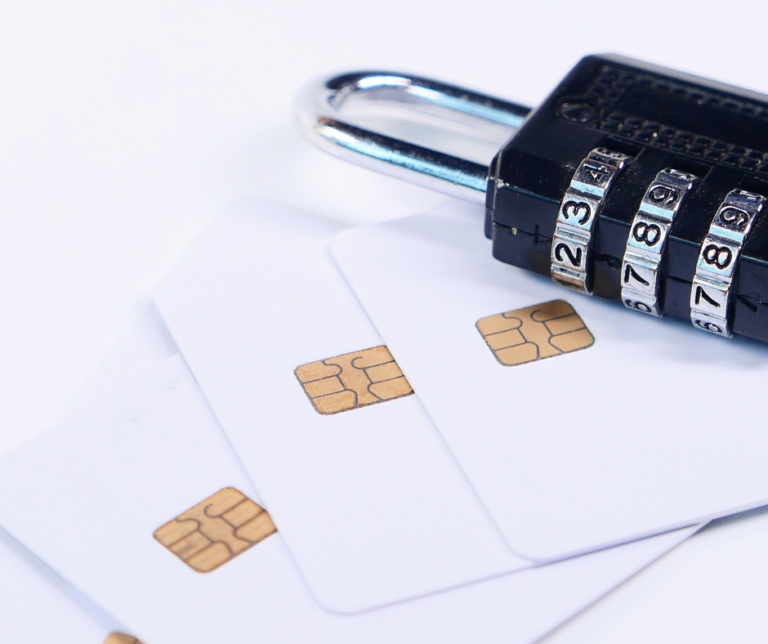07/04/2025

Whether it’s the mobile glued to our hands or the smart lighting installed in our homes, our digital landscape has the potential to erode our personal privacy and security.
Here are five basic steps you can take to protect your personal information online:
1. Enable MFA
Multi-factor authentication (MFA) is a security measure that adds an extra layer of security to your online accounts and devices, by requiring two or more proofs of identity to gain access.
The most common MFA methods require a combination of your password and something you know (for example, a PIN or secret question), something you have (for example, a token) or something individual to you (for example, a finger print).
This additional measure to access your accounts is an easy way to help protect your personal information from criminals who may manage to steal one proof of identity.
2. Watch out for phishing
Malicious and criminal attacks are the leading cause of nefarious data breaches involving personal information. Phishing is a common cyber-attack used to compromise your login details and provide criminals unauthorised access to your online accounts.
To avoid these attacks, be alert to unexpected messages and requests for your personal details. Phishing messages often feature imitations of ‘real’ branding and logos to try trick you into clicking on a link or attachment.
If in doubt, go straight to the source that the message claims to be from and contact the organisation using the official contact details on their website.
3. Patch, patch, patch
To keep your devices secure, apply automatic software updates. Patches resolve bugs and security flaws and can help keep your devices from being exploited by criminals.
You can generally turn on automatic software updates through your device’s Settings options.
4. What’s your location?
Your devices, the apps you use, and websites you visit may be tracking your location by default unless you adjust your settings. While this may be necessary to provide a service (such as a ridesharing app), you can limit or stop location tracking altogether.
Check device, app and website settings to turn off or limit location tracking.
Otherwise, a virtual private network (VPN) is an easy way to create a secure tunnel between browsers and web servers and hide your IP address and location. Using a VPN add-on will make it more difficult to track you online.
5. Reduce your online footprint
Now that you have begun to take control of your personal information, you should also consider what information about you is already floating around the internet, and what you can do to prevent future leaks.
‘Have I Been Pwned’ is a search engine that can be used to check your email accounts and linked online accounts for exposure of credentials caused by data breaches. Where your password has been leaked, immediately stop using that password and close any accounts you don’t use anymore.
For further information, contact our team of privacy experts at enquiries@griffinlegal.com.au.
